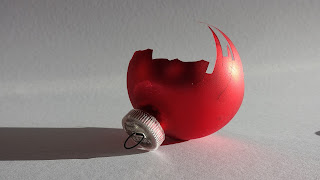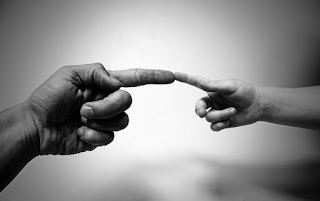
SHUT UP ALREADY! When Depression Turns Your Brain Into A Lethal Inner Critic Ever wish there was an "off" button for your brain? Does your brain chatter to you while you're asleep, reminding you of all the mistakes you've made? Does it catastrophize incessantly until you wake up in a panic, certain your world is on the edge of catastrophe? Welcome to the miserable land of untreated major depression and anxiety - the evil twin enemies of mental health. There's a lot that psychiatry doesn't know about depression and anxiety - like why they usually go hand in hand. I recently saw a sadly accurate meme that said "Depression is not caring enough, Anxiety is caring too much". That's a pretty accurate description of the hell a lot of us live in on a daily basis. The depression says "go crawl under the sheets and hide" and once you get there, the anxiety says "You're such a loser bum. Look a...



